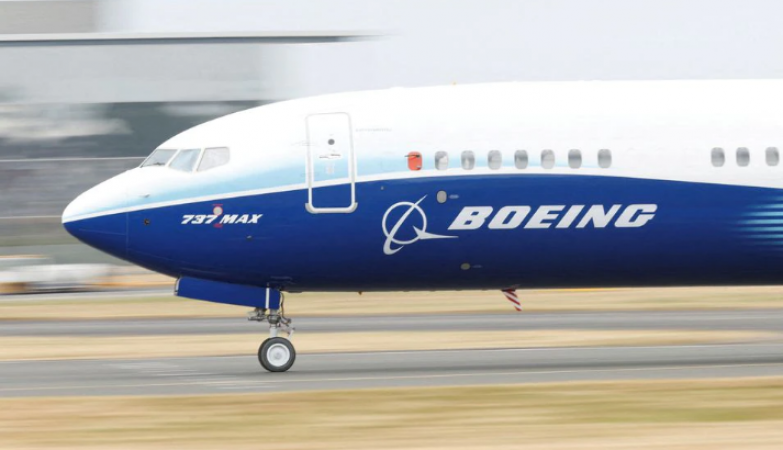
Dubai: The aviation industry is committed to decarbonizing, but with air travel volume expected to triple by 2050, alternative energies such as electricity and hydrogen may not be able to meet the challenge.
Instead, airlines must replace their aging fleets, airports must upgrade their air traffic management systems, and the aviation industry must invest in sustainable aviation fuels.
To bring down SAF prices, however, requires "a significant amount of work". This work includes extension research and development as well as technological advancement related to feedstock.
Also Read: Now Ambani is going to step into another sports sector
In order to have an impact outside the largest aviation hubs, SAFs must also be accessible to underdeveloped countries. According to Robert Boyd, a SAF specialist and regional lead for partnerships and global sustainability strategy at aircraft manufacturer Boeing.
The good news is that there are several pillars of action that the aviation industry has in place, and these are working to execute the decarbonization challenge over essentially the next 28 years, he said.
He made the statement while appearing on Arab News' weekly current affairs talkshow "Frankly Speaking", which delves into regional headlines and talks with key policy makers and business leaders.
The SAF, however, is necessary because "technical limitations do not allow hydrogen or electric to power wide-body, long-range aircraft."
Also Read: Yellen: India can purchase Russian oil without regard to price caps
Many are wondering whether the aviation industry, which currently accounts for 2.5 percent of global emissions, can truly go green or if meaningful progress is still decades away as climate change takes center stage at the United Nations Climate Change Conference in Egypt. is on
The relative scale of emissions for aviation or shipping makes it difficult to decarbonize in a world where not all sectors are doing so at the same pace, he said. So, decarbonization is absolutely necessary. The goal of reaching net zero by 2050 is clearly defined. And there are several pillars that can help with this.
Tremendous is a brand new aircraft. A new aircraft may have a fuel efficiency improvement of 20 to 25 percent compared to its predecessor.
Boyd referred to them as "significant numbers", emphasizing that using a best-in-class contemporary fleet could save about 25 tonnes of carbon dioxide per day.
“Over its lifetime, this could be a few hundred thousand tonnes of CO2. Therefore, we must ensure that we are using the most efficient modern fleet, which could result in a global CO2 dividend of 15% to 25%. It is not small.
He mentioned operational efficiency as another area for growth. "Aviation has been working on this for years, if not decades. Many simple operational upgrades are already in place. They are embedded in the technology we use today," he said.
Another opportunity is presented by advances in air traffic control, but Boyd claims that these approaches have limitations and cannot fully address the issue of aviation emissions.
Also Read: RBI cancels the license of this bank, check here
The most important is to switch to a sustainable energy source. When it comes to decarbonisation by 2050, we put a lot of emphasis on sustainable aviation fuel.
What about alternatives to kerosene such as hydrogen or electricity? "These are really exciting, and will continue to work, but they will not, by themselves, solve the decarbonization challenge," Boyd told "Frankly Speaking" host Katie Jensen.